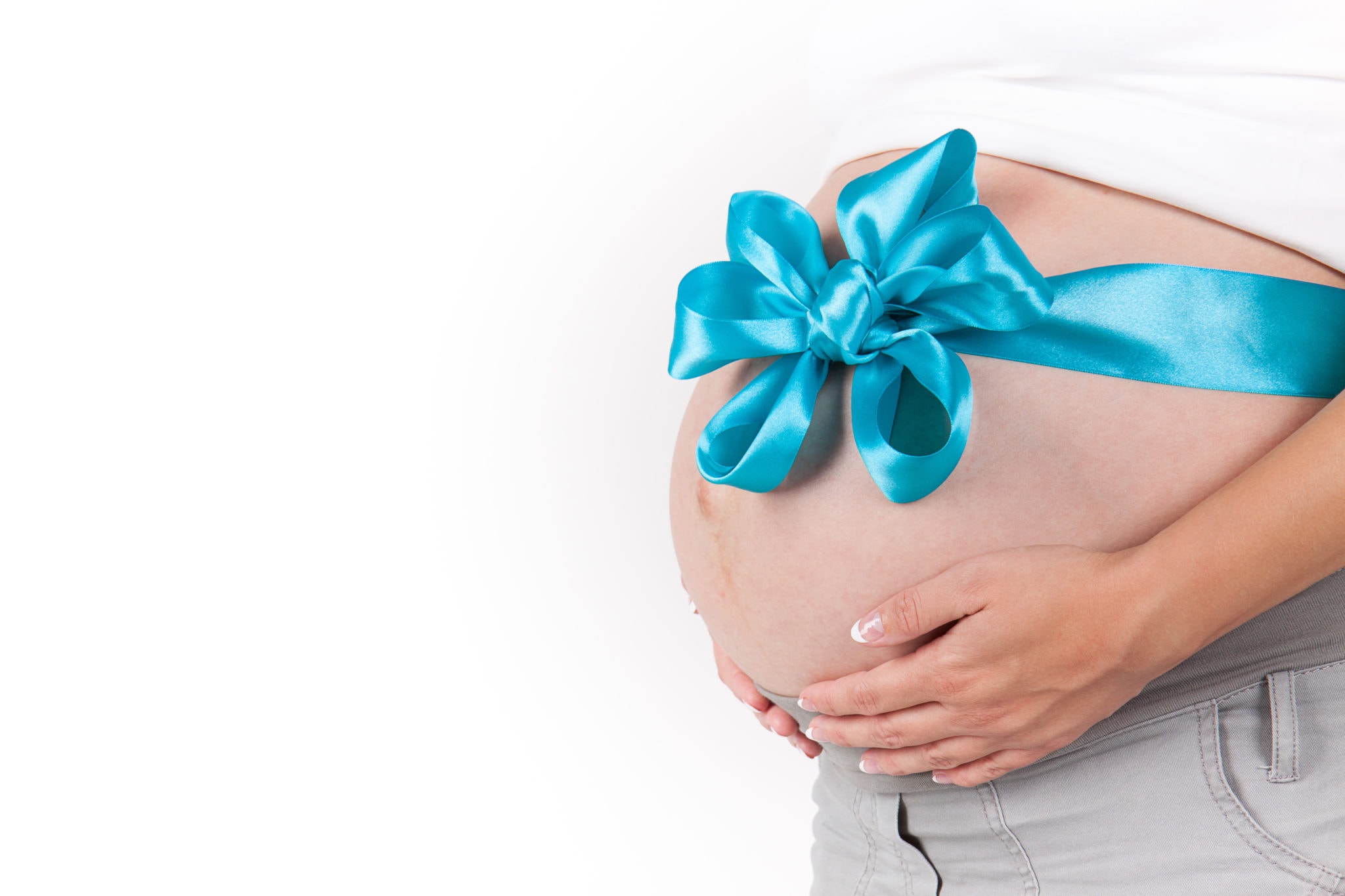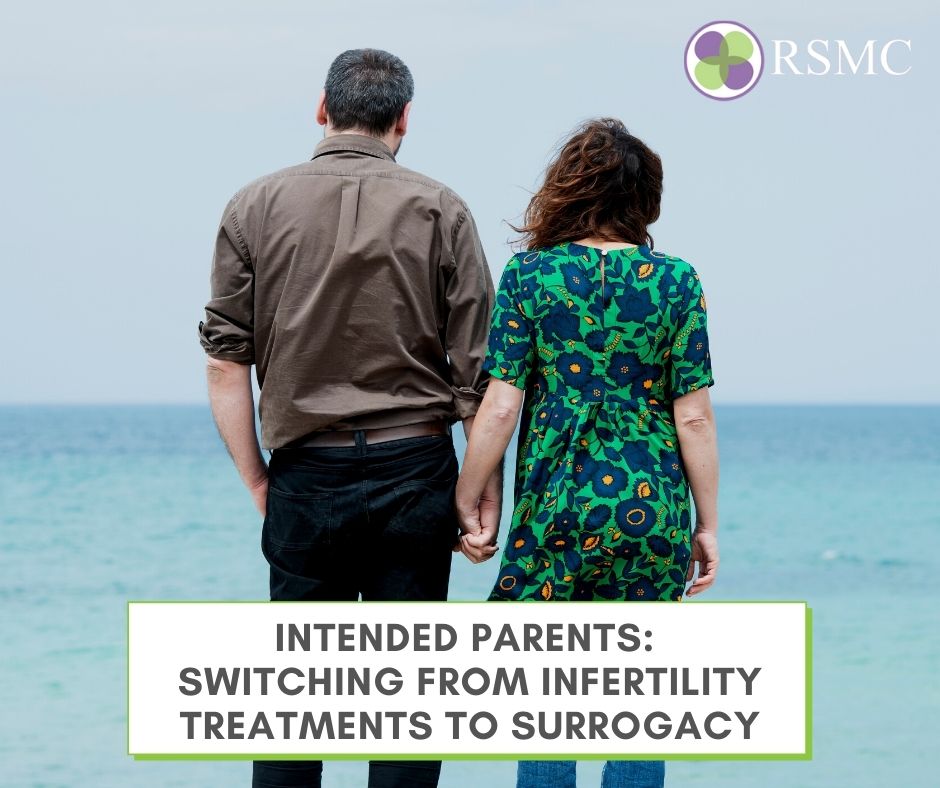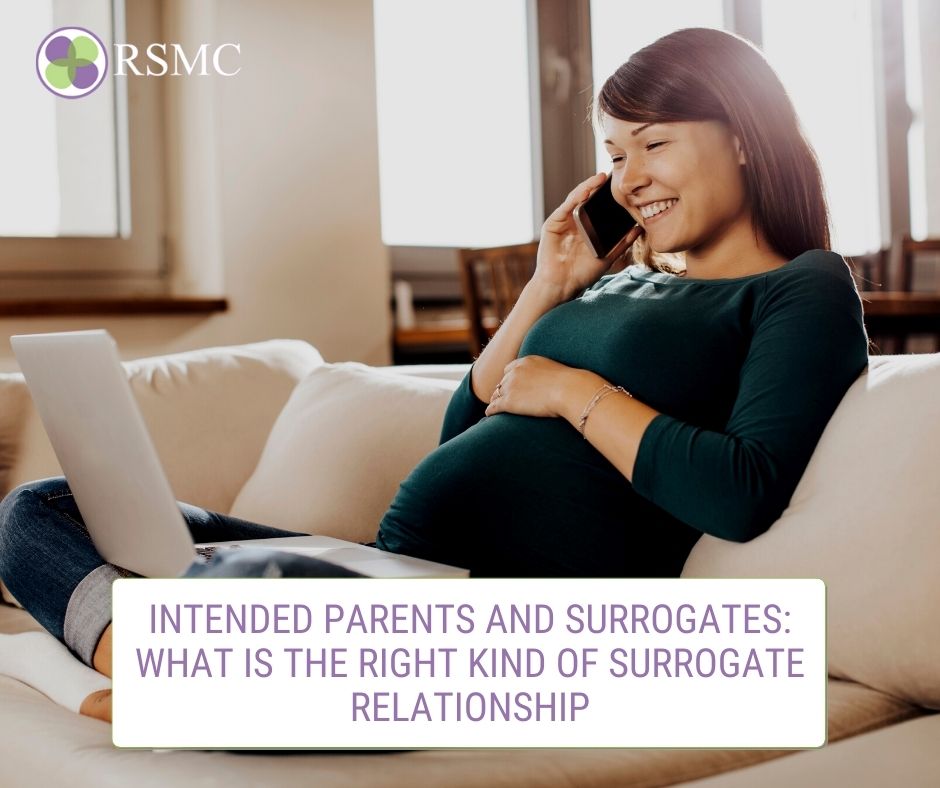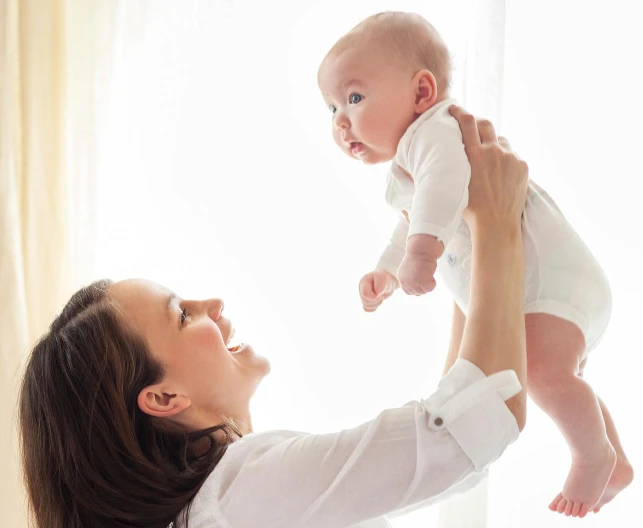Gestational Surrogacy is Safe for a Woman Who Wants to Become a Surrogate Mother
 When a woman is deciding whether to become a surrogate mother or not, one of the questions she often asks the surrogacy agency is: “is it safe?” This is an excellent question, after all, it’s her body and a year of her life she’s dealing with here.
When a woman is deciding whether to become a surrogate mother or not, one of the questions she often asks the surrogacy agency is: “is it safe?” This is an excellent question, after all, it’s her body and a year of her life she’s dealing with here.
Since one of the qualifications to become a surrogate mother is to already have children, family obligations must be taken into account when deciding whether becoming a surrogate mother is a reasonable decision.
The good news is, surrogacy is very safe overall. It’s basically like any other pregnancy, with the same risks and possibility of problems. A California surrogacy agency representative said that all surrogate mothers are given a fertility physical before they are signed up with the agency.
This testing is very complete so women who are given the OK to become surrogates have reproductive systems that are in really good shape and should be able to handle the gestational surrogate pregnancy without major problems or complications.
One thing a gestational surrogacy pregnancy features, that a “regular” pregnancy doesn’t, is the preparation of the womb to receive the embryo. Preparing the womb means injecting hormones to shut down your cycle and suppress ovulation then taking synthetic estrogen via pill and patch and injecting progesterone to prepare the uterus for implantation of the embryo.
Hormone injections are continued for the first 6 weeks after the embryo is implanted to make sure the uterus is hospitable. Some of the potential reactions to the fertility drugs used include hot flushes, low mood, headaches and irritability.
Women undergoing IVF do the same thing but if a woman has only had naturally occurring pregnancies she won’t know if she’s going to have a bad reaction to any of the drugs until she starts on them. Most people don’t have a bad reaction and the surrogacy agency’s medical team will be monitoring carefully to check for problems.
Once the gestational surrogacy pregnancy is going it’s like any other pregnancy with the usual risks of nausea from morning sickness, weight gain, swelling, back pain and heartburn to name a few. Since gestational surrogates are low risk mothers to start with, the gestational pregnancy should be quite safe, symptoms of their gestational pregnancy will probably be like the symptoms they had from their natural pregnancies.
According to a California surrogacy clinic, most gestational pregnancies result in one baby. Due to advances in fertility science, and the success rate with implanted embryos, quite often only one embryo is implanted in the gestational surrogate. Until recently it was common to implant multiple embryos with the hope that one would take so gestational surrogates often ended up carrying multiple pregnancies, but the chances of that are low now.
Any surrogacy agency will tell you that the riskiest part of being a gestational surrogate is the risk associated with carrying multiple babies. Multiple pregnancies put a lot more strain on the mother’s system and can result in the delivery of preterm infants. Since fewer people are being implanted with more than one embryo, the chances of this are low.
So, the good news is that a gestational surrogacy is as safe as any low-risk pregnancy. Women who are not likely to have a low-risk pregnancy are not good candidates for surrogacy so most surrogacy agencies will not allow them to become a Surrogate Mother. When set up and monitored by a surrogacy agency, gestational surrogacy is as safe for the woman as any other pregnancy she would have.
[/fusion_text][/fusion_builder_column][/fusion_builder_row][/fusion_builder_container]

























